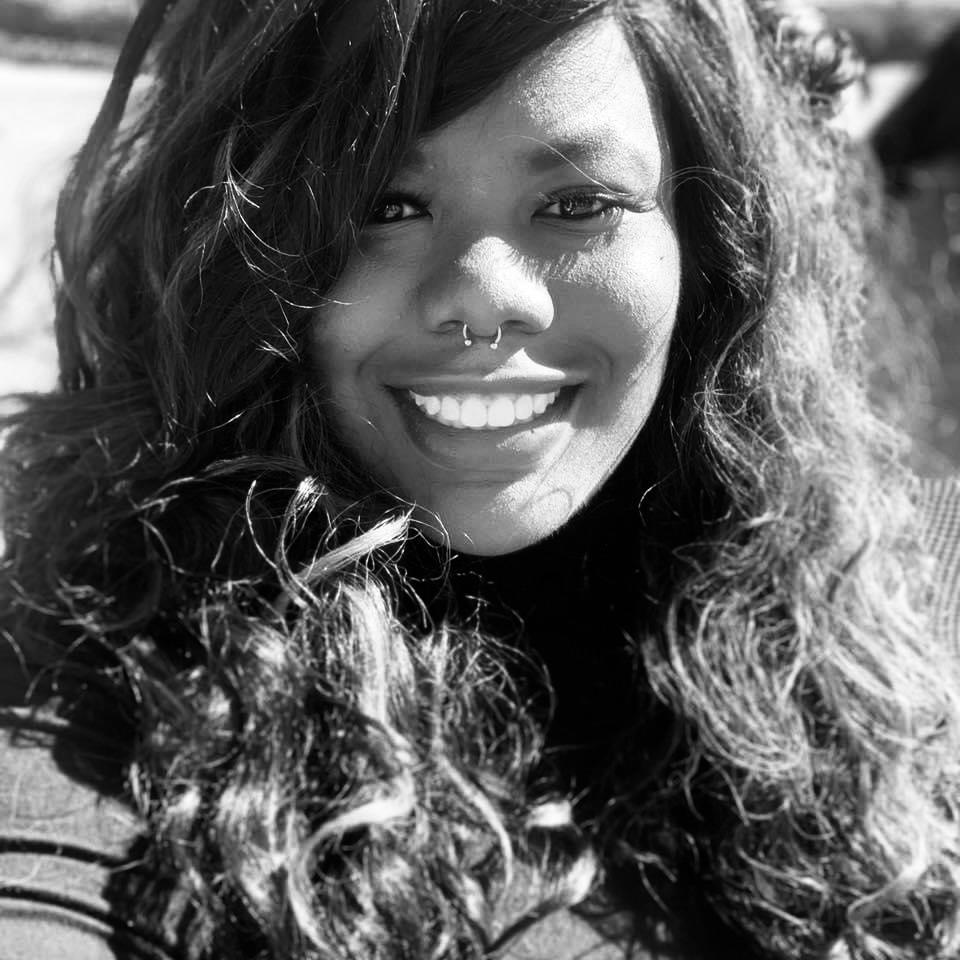EDITORIAL: Black to the future: turning tragedy to triumph through the lens of a Black woman
By Brittany Stubblefield-Engram
Bridge Staff Writer
Published Friday, Feb. 26, 2021
For most, the thought of February relates to love and plans of how Valentine’s Day will be spent. For others, it puts the fate of our weather’s future and arrival of Spring in the paws of a groundhog named Punxsutawney Phil.
However, for me, the approach of February means that for 28 days, 29 during leap years, it is a time I hope the world places their anti-blackness on pause and celebrates the black people who constructed civilization’s greatness.

Black History Month began in 1926 as Negro History Week by Carter G. Woodson. It was chosen as the second week of February because the week coincided with the birth date of former U.S. President Abraham Lincoln, as well as Frederick Douglass, who had already been celebrated together by the Black community since the late 19th century.
The first celebration of Black History Month took place at Kent State University in 1970, from Jan. 2 to Feb. 28. President Gerald Ford recognized Black History Month in 1976 during the celebration of the United States Bicentennial and it has been nationally and even internationally celebrated since. Because of its inception on a university’s campus, I am enthused when I see colleges accurately celebrating Black History Month.
Although I am proud and display my blackness every other month of the year—this month I can be unapologetically Blackity Black Black. For 28 days this year, I do not have to focus on microaggressions such as having to explain the importance of non-Black individuals opting out of the black narrative or not be seen “as difficult to work with” or “overtly aggressive.”
Black students and families are free from being re-traumatized with assignments asking us to explain how and why our ancestors “immigrated” to this country knowing very well of our story of being kidnapped and our lands pillaged.
No. This February, I strive to celebrate Black Futures Month.
Being Black is not a monolith, but a monomyth. It is a beautiful journey of heroes constantly overcoming repeated adversities century after century. Being Black is projecting a shadow of doubt and creating an eclipse of the future. Although, an eclipse is just a shadow. A two-dimensional image of the present. An eclipse can be predicted as something that is expected. Still, we gather and stop and observe at its brilliance—its beauty.
Black history is constantly happening.
Our past gives us a way to predict the future. History is repeating itself, but the new generation is equipped with new tools to work with, and for the tools not yet invented, are being created.
Items that we use on a daily basis, which are typically overlooked, were created by Black inventors. Lewis Latimer and the light bulb filament, Mary Van Brittan Brown and her home security system and even GPS was invented by a Black person.
There is a growing rate of Black entrepreneurship. Black people are now creating technology to protect one another, such as apps, to mark ourselves unsafe in hostile situations and areas populated by white supremacists and domestic terrorists.
Black history is redefining culture. What is thought to be Gen Z, or internet slang, is AAVE, short for African American Vernacular and Ebonics. American vernacular developed from Black women. And even more so, Black queer people. Black culture is becoming so ubiquitous that it has shaped the way we interact with each other.
The adoption of Black culture, by the world, has shaped music, fashion and entertainment in ways that could have never been fathomed. Black history is redefining culture. Yet, Black bodies are still condemned.
It is my job to ensure that my 2-year-old son grows up loving his Black life and that he honors other Black lives.
To also ensure that I am contributing to the uplifting, and revolution, of Black people. To also continue to be my ancestor’s wildest dreams come to life. To also continue to celebrate Black history, so it is known that Black history is the Black present, and forever, a vibrant Black future.
